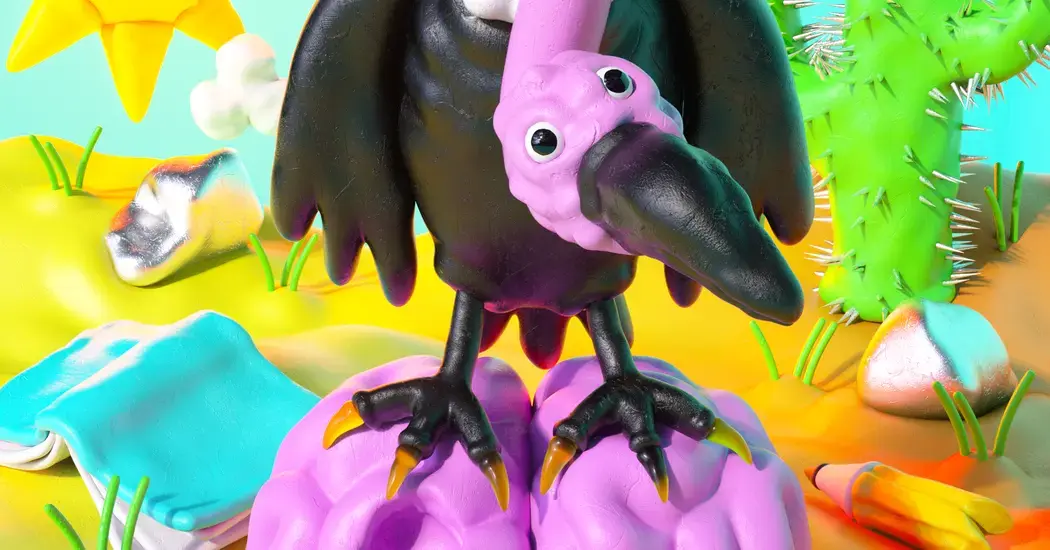- cross-posted to:
- technology@lemmy.world
- cross-posted to:
- technology@lemmy.world
cross-posted from: https://lemmy.ml/post/5400607
This is a classic case of tragedy of the commons, where a common resource is harmed by the profit interests of individuals. The traditional example of this is a public field that cattle can graze upon. Without any limits, individual cattle owners have an incentive to overgraze the land, destroying its value to everybody.
We have commons on the internet, too. Despite all of its toxic corners, it is still full of vibrant portions that serve the public good — places like Wikipedia and Reddit forums, where volunteers often share knowledge in good faith and work hard to keep bad actors at bay.
But these commons are now being overgrazed by rapacious tech companies that seek to feed all of the human wisdom, expertise, humor, anecdotes and advice they find in these places into their for-profit A.I. systems.



The fact that the land is destroyed is literally the point.
It doesn’t matter what time scale the land is destroyed in. At every individual point, you having your cattle eat more is better for you than you having your cattle eat less, because you individually starving your cattle completely still won’t stop the destruction.
The fact that you somehow don’t understand the very simple metaphor is not a failing of the metaphor.
If this is how everyone would act in their daily life, you would see crime, theft and abuse on an unimaginable level. No, people don’t always do what benefits them “at every individual point”. We are social creatures, acting as a community where the individuals benefit from working together. Although this has been successfully undermined by capitalism and other hierarchies.
This whole concept is also called, the Prisoner’s Dilemma, one of my favorite thought experiments because it shows how being rational can result in everyone being worse off.
It is never not advantageous, as an individual, to graze as much as possible. Your “analysis” ignores that very basic, unarguable fact.
Sure, it’s advantageous in the short-term. I think this is where we misunderstand each other. What I’m trying to say is that under normal circumstances, individuals aren’t maximizing their output. They are just living as part of the community, following the unwritten rules and benefiting from that. (In the prisoner’s dilemma, this would be choice A).
That’s the point. That’s the entire (and entirely correct) metaphor.
People ignore the communal benefit because in the short term it’s better to do so.
Yeah, but when we’ve had no hierarchy we’ve always had constant warfare, which is also highly abusive (not to say that’s inevitable). We’re just as naturally capable of antisocial behavior as other species, when we can either socially get away with it (cow grazing, Easter Islanders killing all their trees) or do it to people we’ve decided are others (every time hunter-gatherer bands killed or enslaved each other).
You’re right we can act cooperatively in the right situation, but let’s not make it sound like human ignorance is new or unnatural.